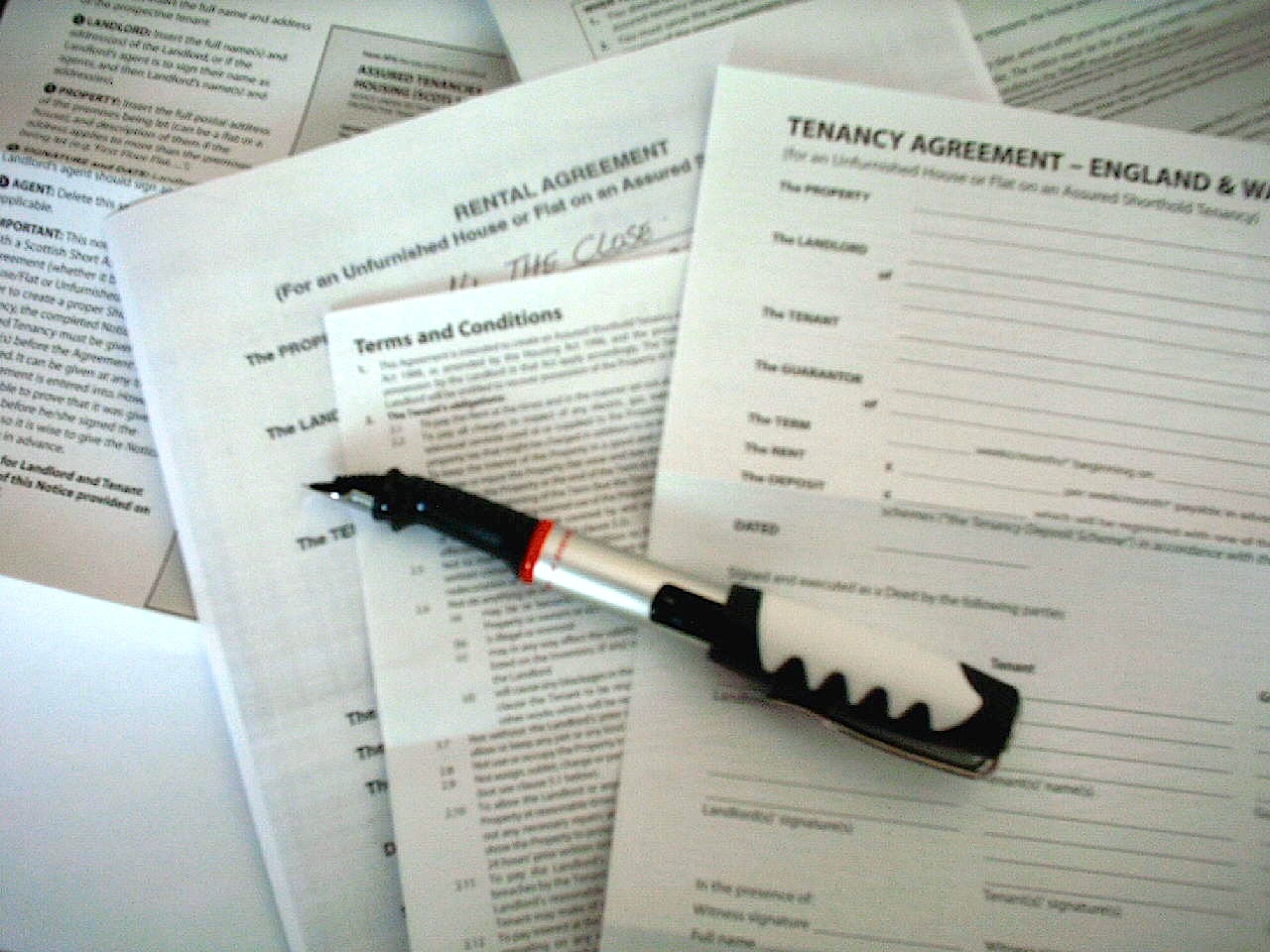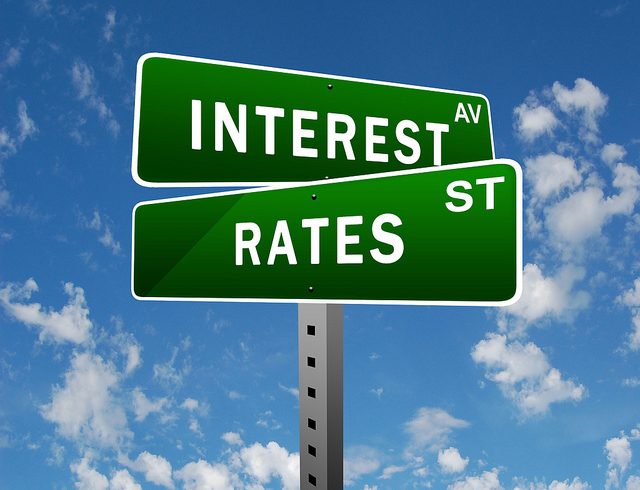Leasing is a popular option amongst expatriates who want to acquire real estate in Thailand. It is quite legal, and should be a good alternative to acquiring a property for yourself. This is especially true since the option of acquiring real estate property in Thailand for foreigners involves a lot of requirements, and plenty of procedures.
With a lease, however, you can easily acquire real estate property without going through the legal hurdles involved with purchasing properties, whether residential or commercial, in Thailand as a foreigner. Question now is – what can you do as a lessee of a real estate property?
Build Something on Top Of It
If you’re leasing land, then you have all rights as a lessee to build a property on top of it. This is because, as dictated by Thai law, foreigners can own property but not the land that it stands on. This is why foreigners
are able to legally acquire condominiums in the Kingdom. Theoretically, they don’t own the land on which the condo stands upon; they only claim ownership on the unit.
Thus, on a long-term lease, you can build a commercial property, for instance, and put the space in it up for lease with other foreigners. This way, you can earn money for yourself and use part of your income to take care of the lease terms. This requires a considerable amount of expenses, however, and is only recommended for businessmen.
Put Up it For Sub-Leasing
Sub-leasing is granting people leases on the property, or parts of it. Unlike renting, leasing is a long-term arrangement so you are guaranteed income a considerable amount of time. If you have a large land that you’ve leased for 30 years, you can ease the financial burden on yourself by having somebody lease part of the property from you.
Is this legal? Absolutely! However, you have to negotiate for a sub-leasing clause in your leasing contract with the original owner. As long as there is a clause in your contract for that, subleasing and earning money from the property for yourself is perfectly legal.
Sub-leasing is also possible for condominiums. If you have acquired a condo unit, but you don’t spend much time in Thailand as you’re always on a business trip, you can also have someone else use the property on a long-term lease for you.
What You CANNOT Do With a Lease
In the eyes of the law, a lessee has rights equal to that of the owner. Thus, even as a foreigner, you are virtually the “de facto” owner of the property that you’re leasing. However, your rights have limitations, of course. While you can use the property that you lease to generate income for yourself, you don’t have the right to sell off the property. Only the actual owner can do that.
If you’re thinking about opening up a business in Thailand and you would like to acquire commercial property, think about getting a long-term lease instead. It’s legal and safe, as long as you have a legal advisor with you to assist in the negotiations and making sure the contract is fair to both sides.
Want more articles like this? Check our Blog site
Photo credit : NobMouse





